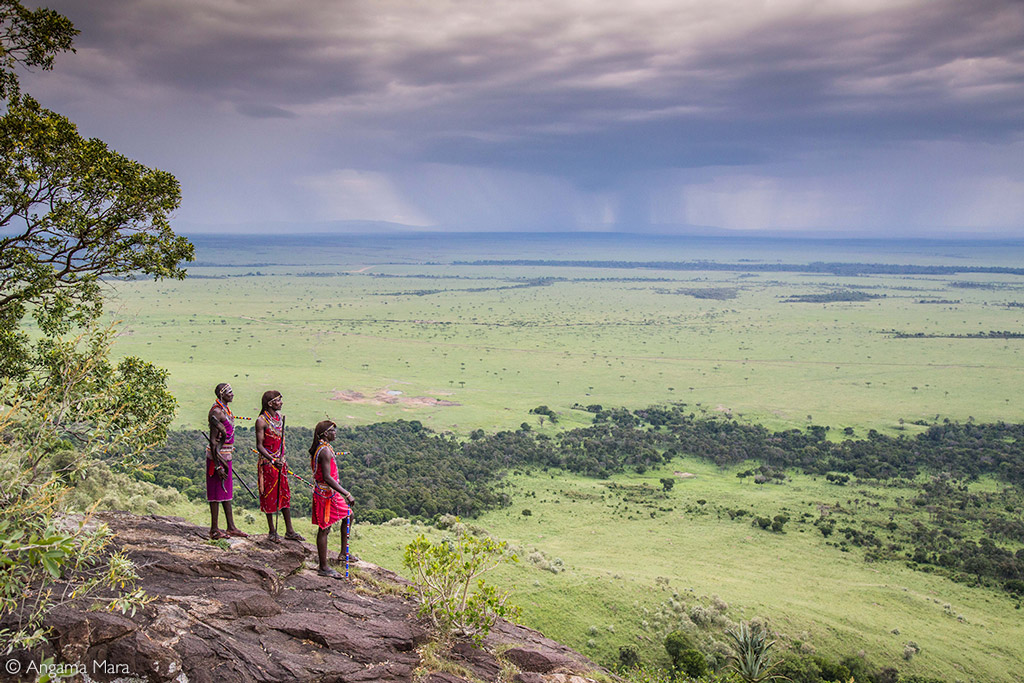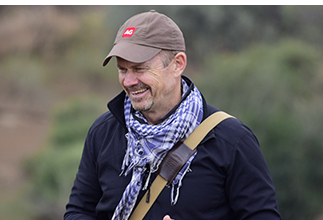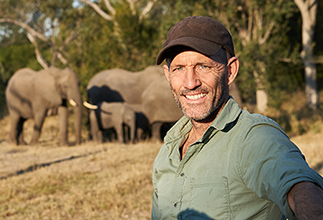
CEO NOTE: 23 July 2021
This is a copy of our weekly email newsletter. Subscribe here to receive the newsletter.

How often have you seen self-appointed experts claim that there are ‘too many’ elephants and that we have an ‘elephant problem’?
No scientific evidence – just generic claims based on casual observation or vested interests. And that chorus line is repeated again and again – and usually followed by wild speculation to do with dead trees and habitat carrying capacity. After a while, of course, the accumulated opinion becomes ‘fact’. And then often we hear about the need to kill even more elephants than we are losing in any case to poaching, habitat loss, human-wildlife conflict and trophy hunters (those large-tusked elephants). My colleagues have put together the best factual summary about this controversial issue that I have read. Ever. Next time you bump into the ‘too many’ or ‘problem’ arguments please paste the link below into the discussion. Prepare yourself though for the usual backlash when facts butt up against beliefs 😉
Keep the passion

Simon Espley – CEO, Africa Geographic
From our Editor-in-Chief

In our first story below, we take a deep dive into the vexing question of the so-called ‘elephant problem’. It is a convoluted story, and there are no blanket management regimes applicable to all areas where these great pachyderms occur. The situation is made more complex by commentators, armchair naturalists, ecologists and peanut galleries weighing in with preconceived ideas and deeply held ideologies not based on science. To look after our elephants, we require minds as dynamic as the ecological systems of which elephants are the principal architects.
One would have thought that by 2021, three decades after the advent of democracy in South Africa, the government would have made sure that the socio-economic development potential of conservation areas would be maximised. Well, our government in its limitless capacity for ineptitude, corruption and apparent cruelty, has allowed a 8,000 ha piece of prime Greater Kruger go to waste while the people living on its borders suffer unnecessarily. Our second story below is the first part of our look into the sad tale of the Mthimkhulu Game Reserve.
After all that heaviness, let’s go on safari. Our third story below is a celebration of one of the most iconic safari destinations in Africa – the Ngorongoro Crater in Tanzania. Travel is opening up so max out your credit cards, cash in your investments and come for some wilderness healing in Africa. Our safari team is on standby for your enquiries.

Story 1
https://africageographic.com/stories/do-we-have-an-elephant-problem/
FACTS MATTER
The ‘elephant problem’ – ecologists, landowners and tourists are grappling with the elephant problem. But what does this mean?
Story 2
https://africageographic.com/stories/mthimkhulu-a-dream-deferred/
GOVERNMENT BUNGLING
Mthimkhulu Game Reserve is 8,000ha of prime land in the Greater Kruger area with a desperately sad past and a hopeful future
Story 3
https://africageographic.com/stories/ngorongoro-conservation-area/
SAFARI CALLING
Ngorongoro in Tanzania – that famous crater – for a spectacular safari of abundance, vistas and ancient history
![]() DID YOU KNOW: Just 7% of our DNA is unique to modern humans
DID YOU KNOW: Just 7% of our DNA is unique to modern humans
![]() WATCH: Wild dogs from the Tuli Block (Botswana) turn up in the Waterberg (South Africa) (4:15)
WATCH: Wild dogs from the Tuli Block (Botswana) turn up in the Waterberg (South Africa) (4:15)
To comment on this story: Login (or sign up) to our app here - it's a troll-free safe place 🙂.![]()








